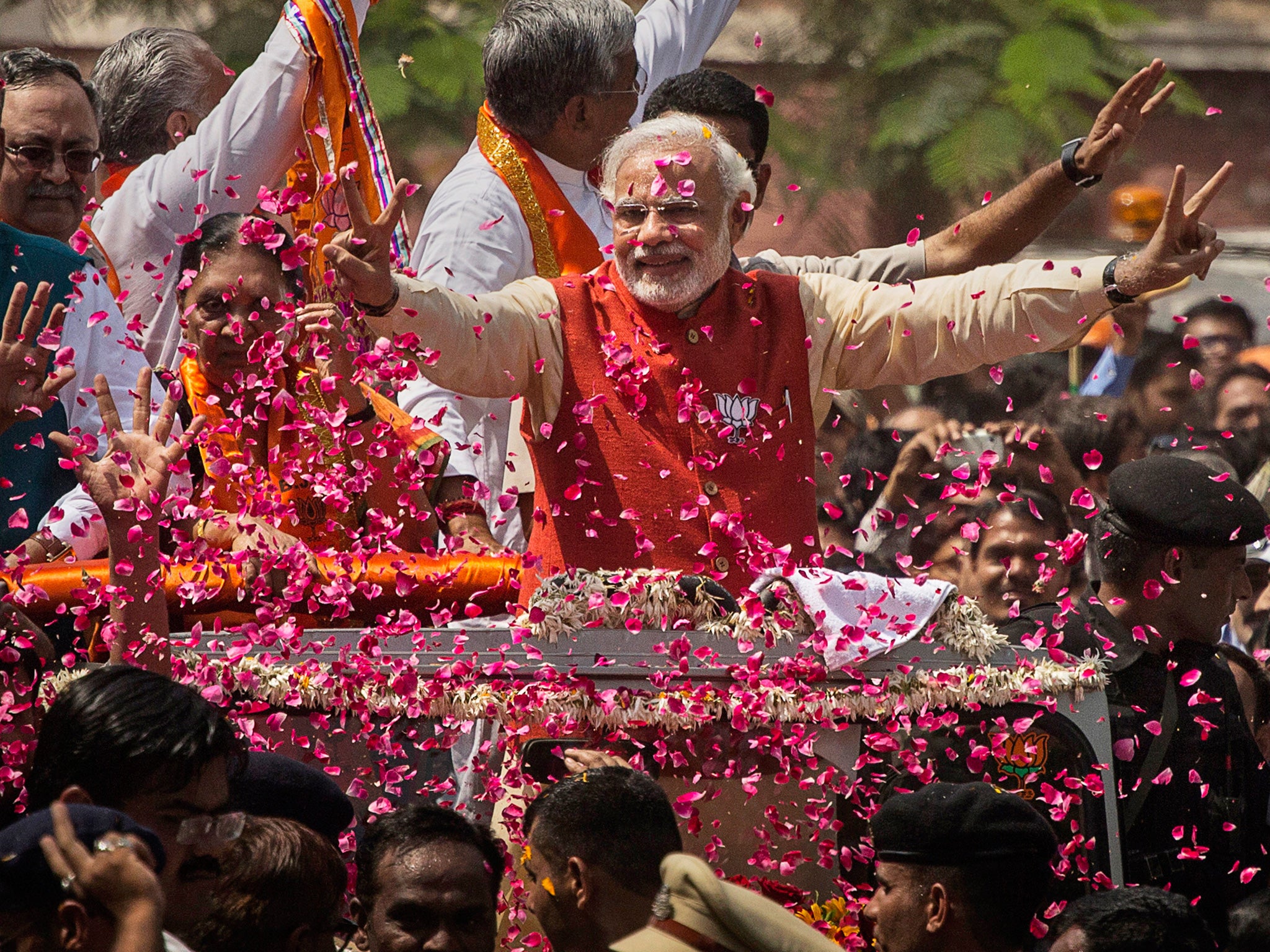Gujarat massacre: India court jails 11 for life over killings of Muslims in Gulbarg Society compound
Court calls massacre 'the darkest day in the history of civil society'
Your support helps us to tell the story
From reproductive rights to climate change to Big Tech, The Independent is on the ground when the story is developing. Whether it's investigating the financials of Elon Musk's pro-Trump PAC or producing our latest documentary, 'The A Word', which shines a light on the American women fighting for reproductive rights, we know how important it is to parse out the facts from the messaging.
At such a critical moment in US history, we need reporters on the ground. Your donation allows us to keep sending journalists to speak to both sides of the story.
The Independent is trusted by Americans across the entire political spectrum. And unlike many other quality news outlets, we choose not to lock Americans out of our reporting and analysis with paywalls. We believe quality journalism should be available to everyone, paid for by those who can afford it.
Your support makes all the difference.A special court has handed down life sentences to 11 people for their part in a massacre of mostly Muslim citizens during a mob riot in India.
The court in Gujarat imprisoned almost half of the 24 people convicted for the killings for the rest of their lives, while 12 more received seven-year sentences and one man received a 10-year sentence.
Known as the Gulbarg Society killings, after the compound of bungalows where Muslims were living, the 2002 attack was called "the darkest day in the history of civil society" by the court.
Those convicted, who were mostly Hindu, were described as going on a "rampage" after a group of Muslims were believed to have started a fire on a train which killed 60 Hindu pilgrims.
The retaliatory attacks 14 years ago on Muslims in Ahmedabad, in India's westernmost state, were part of wider riots in which 1,000 people are believed to have been killed, with 69 murdered in the Gulbarg Society compound.
Some of the victims, who were reported to be middle- and upper-class business families, were hacked with machetes and then burned to death by the mob.
One of these was Ehsan Jafri, a former Indian National Congress party MP, who is understood to have repeatedly tried to call the police but to no avail, before the mob broke into the buildings and systematically killed residents and destroyed homes.
Accusations at the time also swirled around Narendra Modi, chief minister of Gujarat in 2002 and now prime minister of India, for failing to prevent the riots because of Hindu nationalist sentiment on his part - accusations which have since been dismissed.

Hindu and Muslim relations in the south Asian subcontinent have long been strained, particularly since the partition of India into Pakistan and Bangladesh in 1947 by the British.
Rising Hindu nationalism in the form of the ruling Bharatiya Janata Party (BJP) has led many Muslims to voice fears of further discrimination in employment and before the law, but Mr Modi said in 2015 that the nation would only prosper "when Hindus and Muslims unite and fight" against poverty rather than one another.
Subscribe to Independent Premium to bookmark this article
Want to bookmark your favourite articles and stories to read or reference later? Start your Independent Premium subscription today.

Join our commenting forum
Join thought-provoking conversations, follow other Independent readers and see their replies
Comments